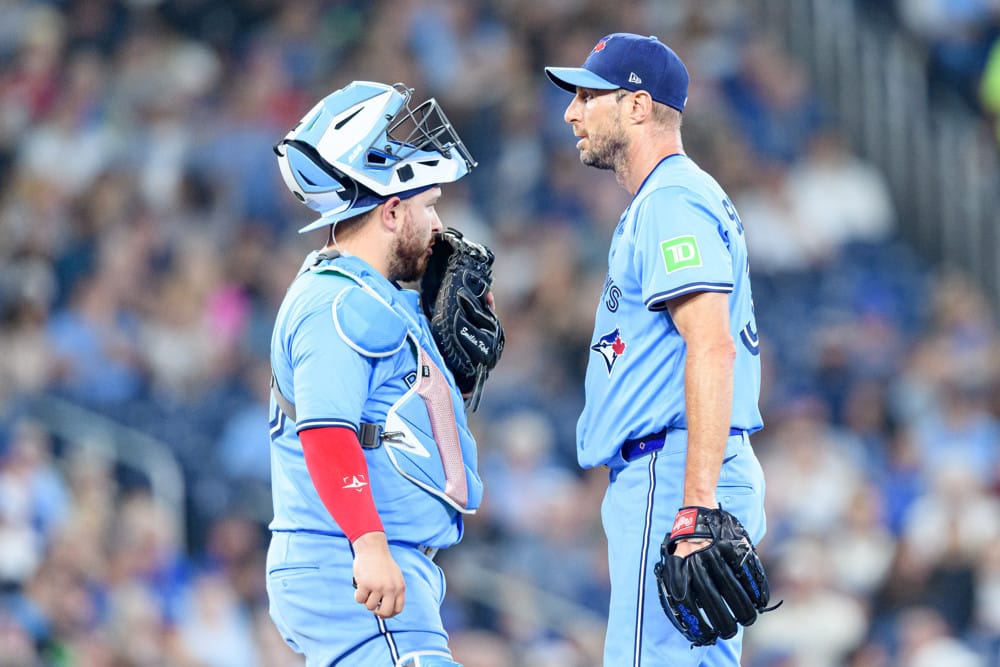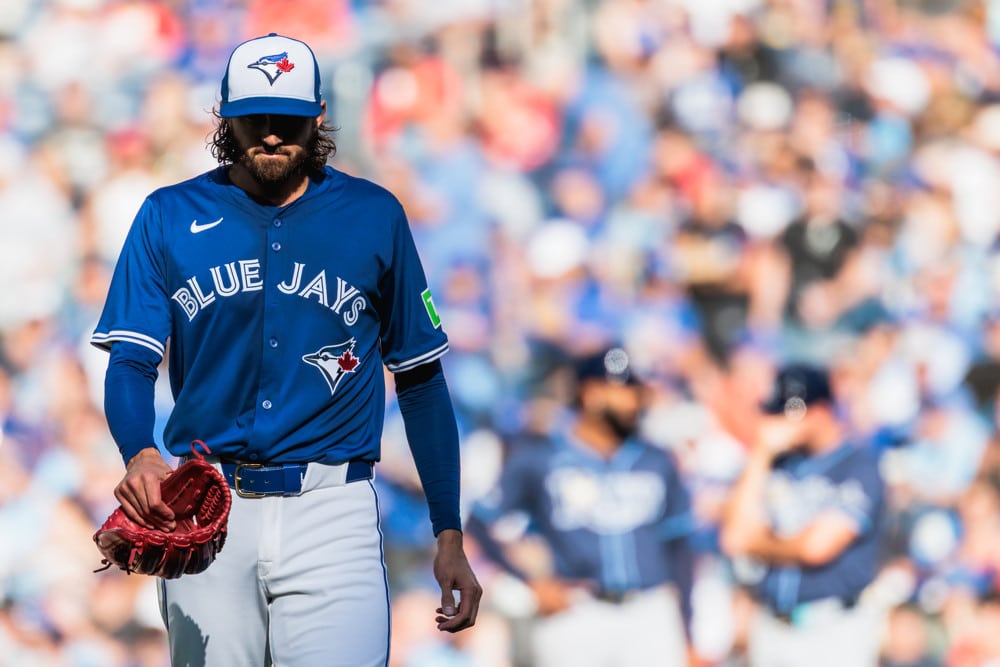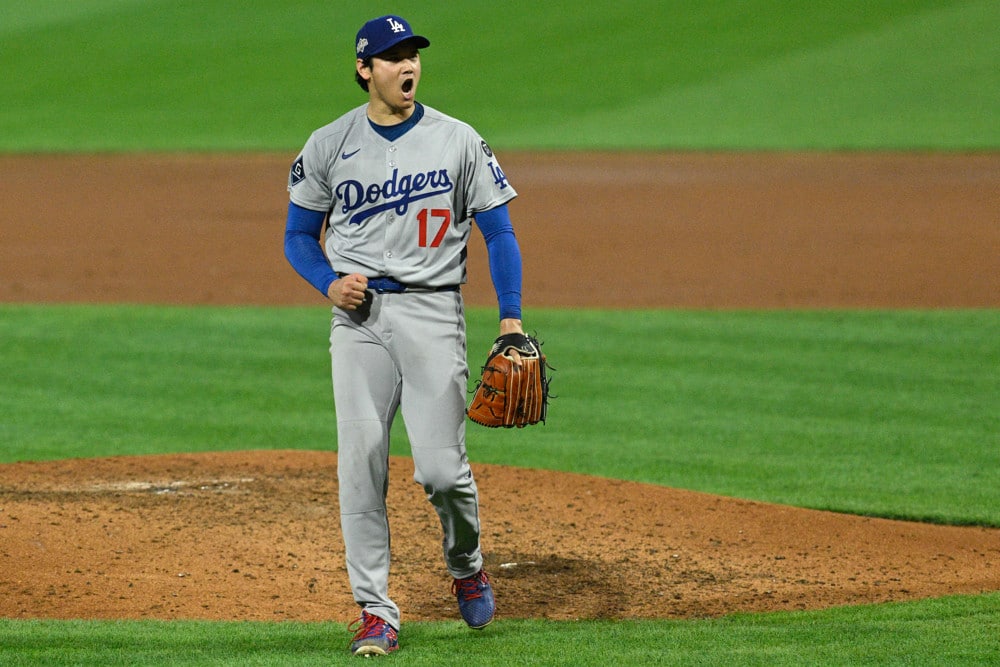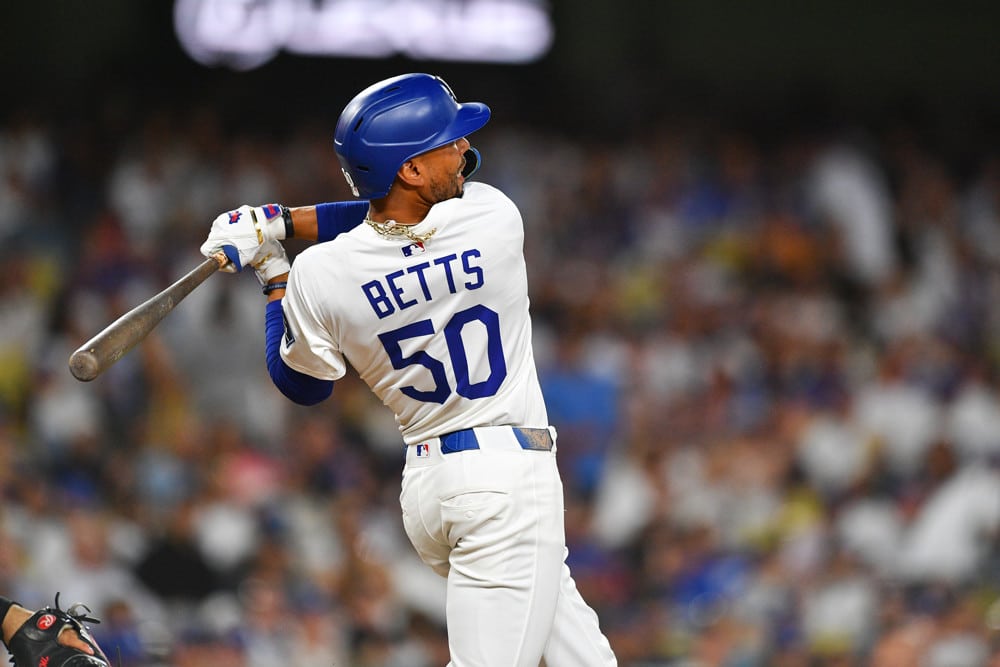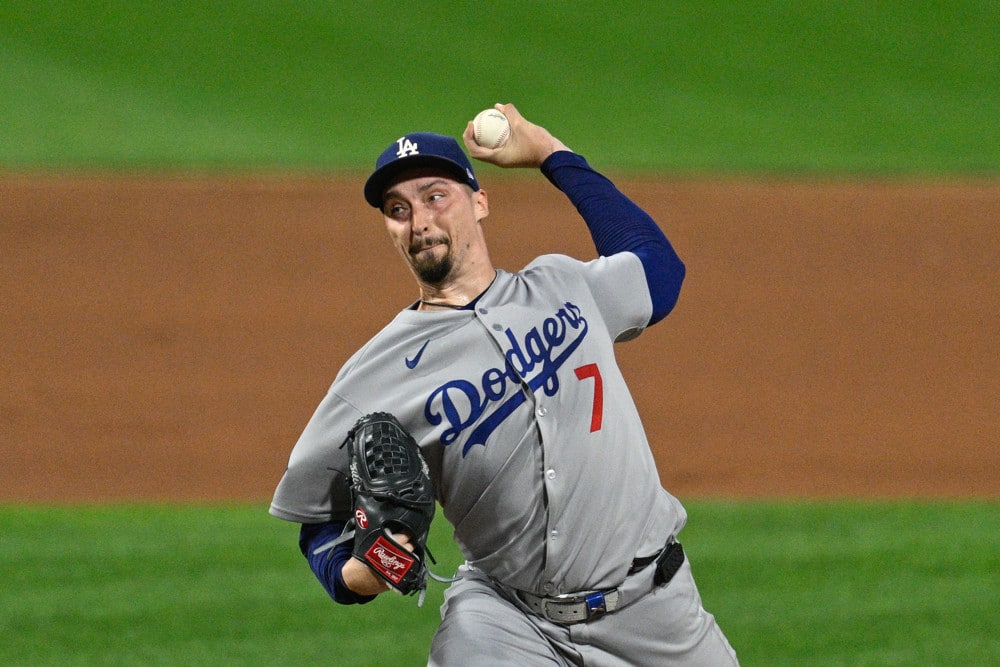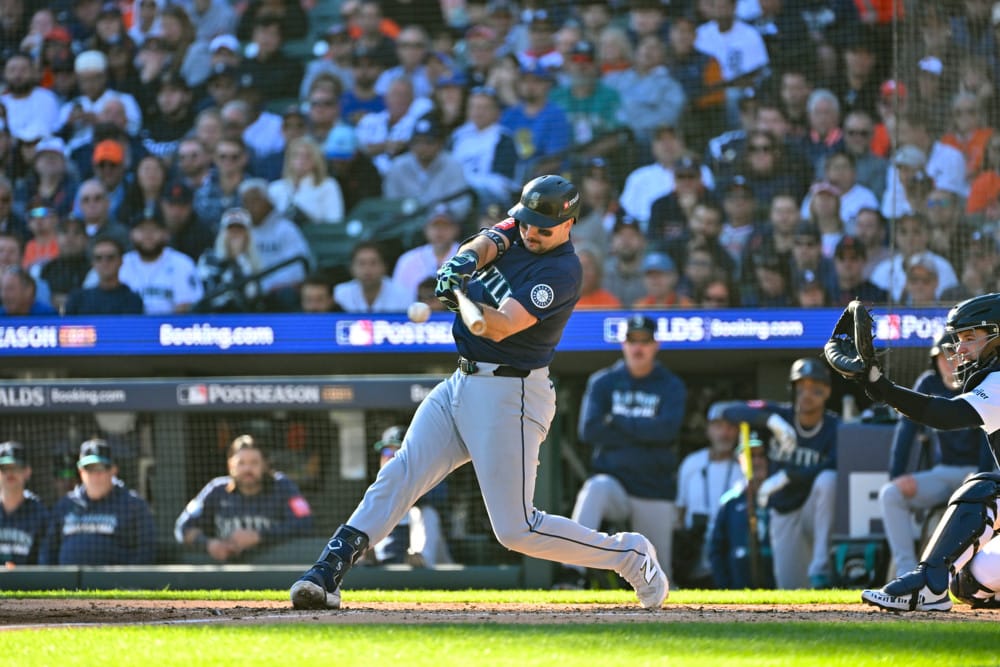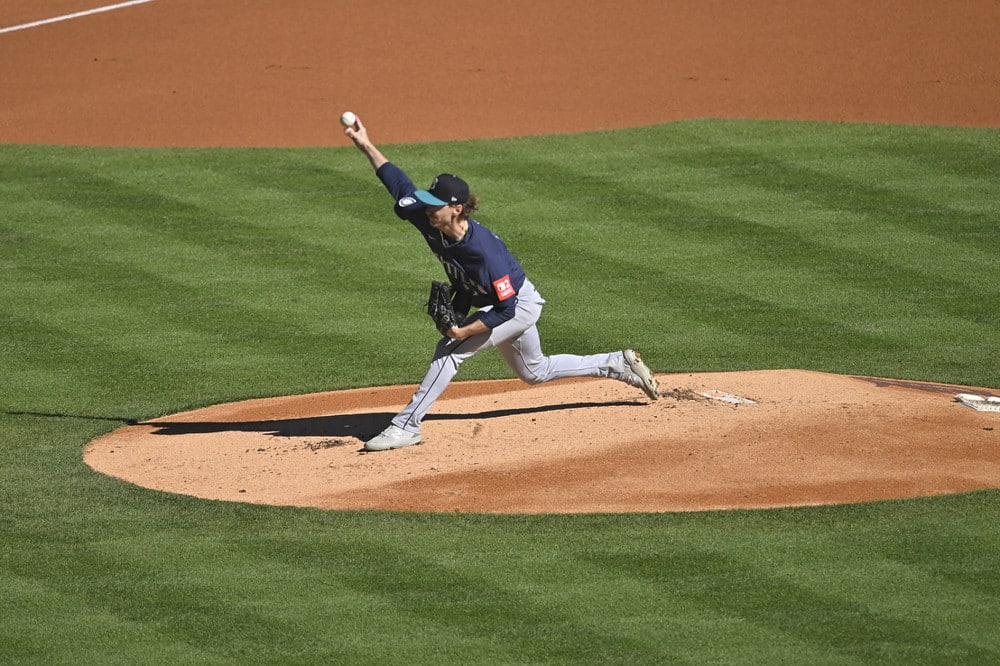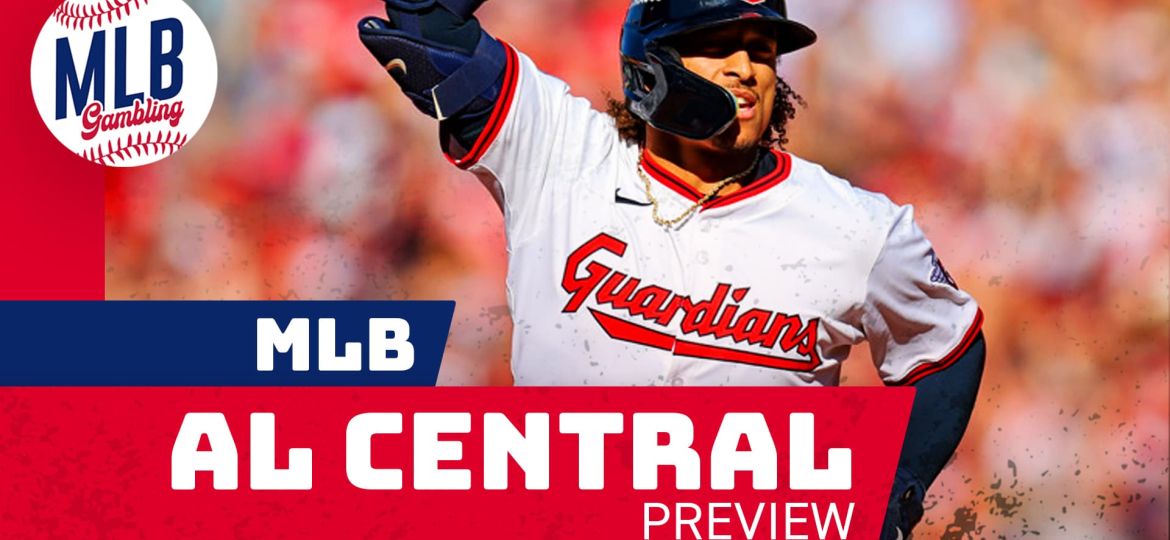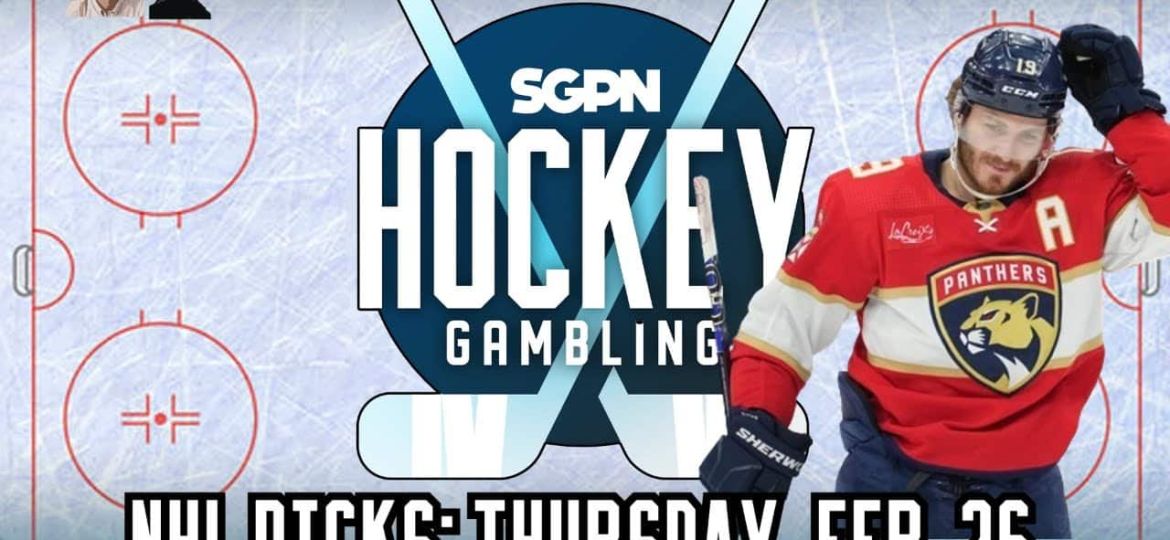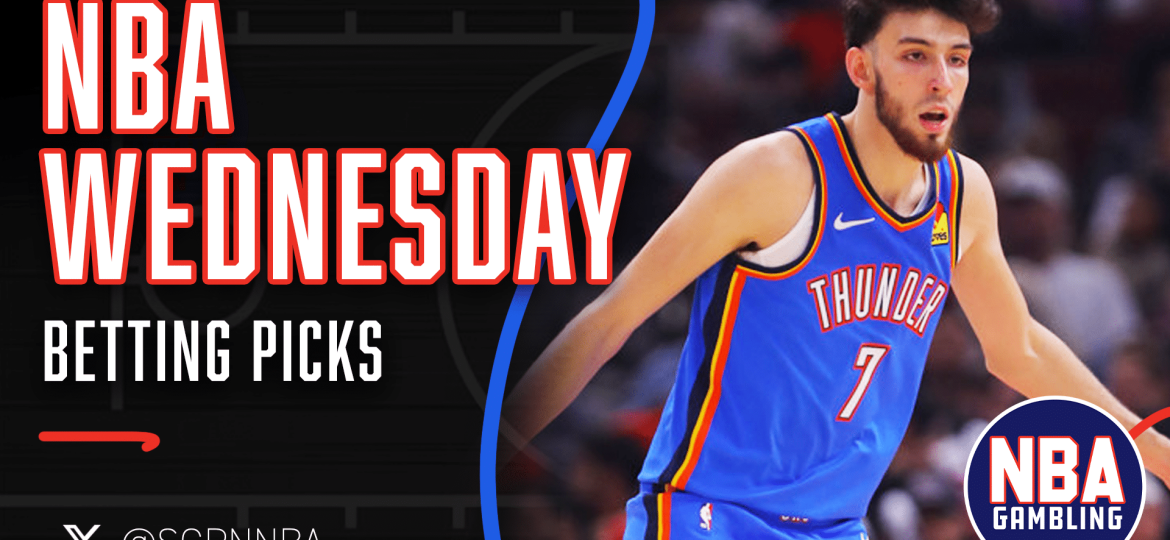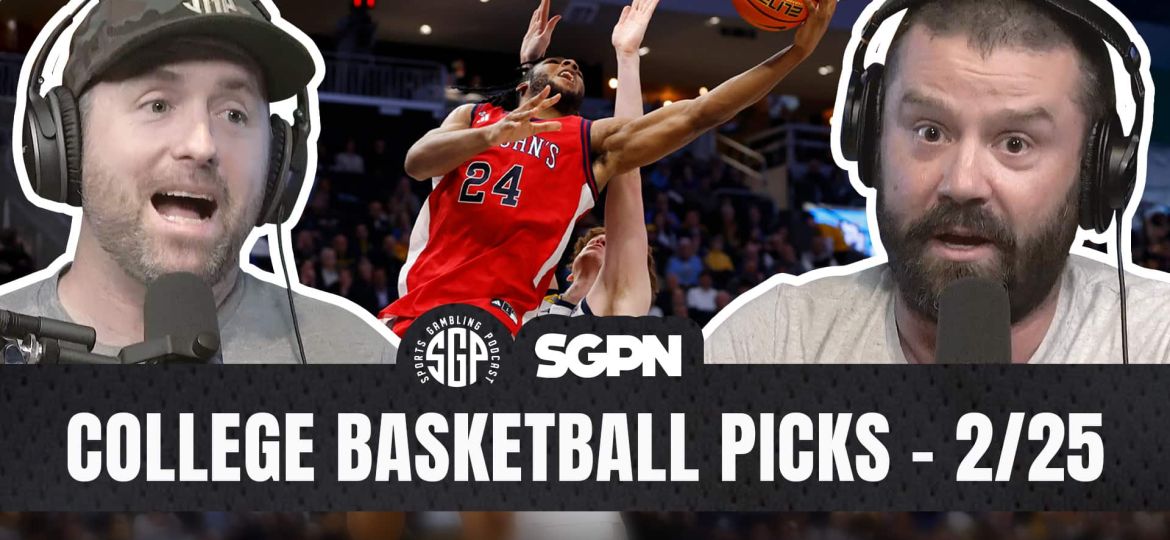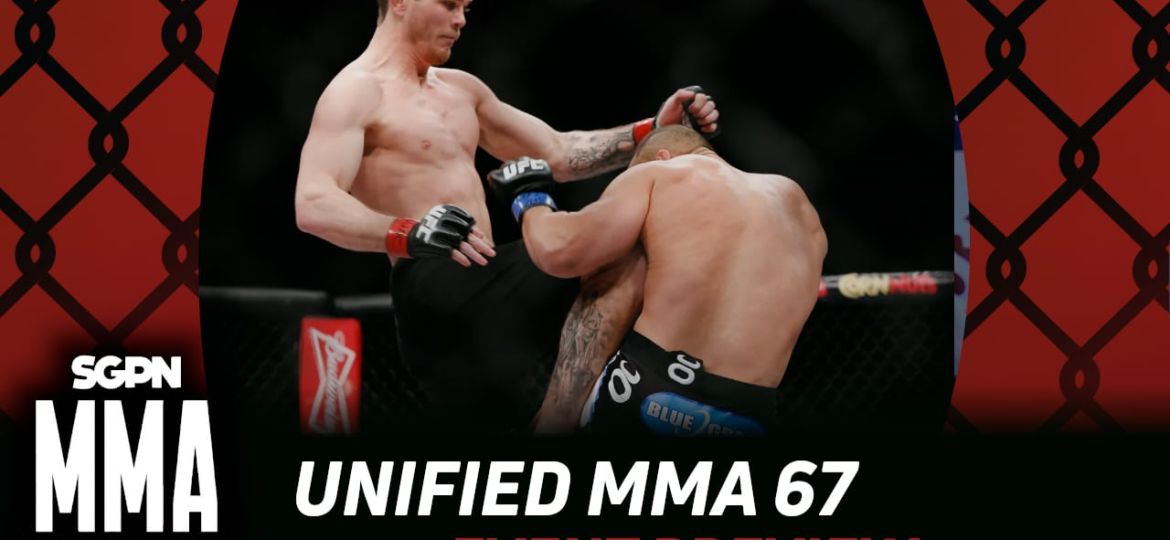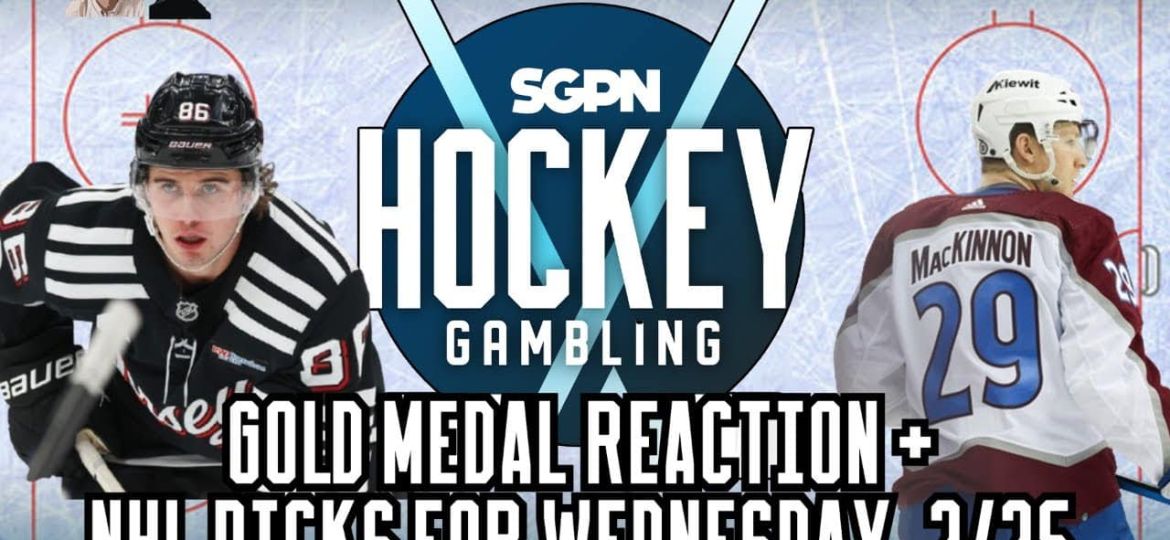 The gap between kickoffs is longer than it feels. Halftime drags. Rain delays stretch. Late games sit on the horizon while the early window cools off. Fans reach for something quick that scratches the same competitive itch. That is where casino games sneak in. A few hands, a couple of spins, then back to the broadcast. Some folks even park a tab at places like casino Vavada during a commercial cluster and return once the next drive starts. It is not a lifestyle choice. It is a rhythm choice.
The gap between kickoffs is longer than it feels. Halftime drags. Rain delays stretch. Late games sit on the horizon while the early window cools off. Fans reach for something quick that scratches the same competitive itch. That is where casino games sneak in. A few hands, a couple of spins, then back to the broadcast. Some folks even park a tab at places like casino Vavada during a commercial cluster and return once the next drive starts. It is not a lifestyle choice. It is a rhythm choice.
The Downtime Problem
Sports are built on waiting. You watch huddles form and timeouts stack. Reviews take forever. Between slates you are in limbo, too. The brain stays warm from the last sweat and wants a new decision to make. Casino games answer with instant starts and short rounds. No setup. No lineup shuffle. You click and the next outcome appears in seconds.
It is the same logic that makes people check fantasy scores three times in a quarter. You want feedback that arrives fast. Slots, blackjack, and short roulette sessions are miniature feedback loops you can enter and exit without missing a snap. That convenience is the product.
Short Sessions, Clear Feedback
Casino games offer two things live sports cannot give you on demand. The first is control of timing. A spin takes five seconds. A hand takes under a minute. You decide when the next round starts. The second is clarity. A win or a loss appears right away. There is no need to watch seven minutes of field position to find out if your lean was right.
That clarity pairs well with sports content. During a halftime show you can play a micro session and still be back for the first play. During a long review you can take a single spin, close the tab, and miss nothing. Most people do not want to grind for hours. They want a short hit of agency while the broadcast stalls.
Familiar Skills Carry Over
Plenty of sports fans like numbers and patterns. That habit does not stay parked when the game breaks. Blackjack draws them because basic strategy is simple to learn and rewards attention. Video poker feels like a puzzle where correct decisions matter. Even slots use visible features that keep score in a loose way. Multipliers. Free spin meters. Collect mechanics that escalate when the right symbols land.
There is also the social piece. Friends are already on a group chat for the slate and they share short wins the way they share a lucky same-game parlay. Quick screenshots fly around, then the focus shifts back to the late window. It is not deep community, but it is company. The experience sits next to the game rather than replacing it.
What It Means for Sports Media
Podcasts and blogs are starting to acknowledge this behavior. Not with pick sheets, but with content that matches the clock. Five minute reads designed for halftime. Short video explainers that fit a commercial break. Roundups built for the long stretch between early and late kickoffs. The format matters as much as the topic.
Creators who understand the “between slates” window can serve fans without shouting about odds. Teach a two-minute tactic. Tell a quick behind-the-scenes story. Share a clip that explains a fourth down call. That kind of content respects the viewer and matches the time they actually have. It also leaves room for a quick side session without hijacking the day.
There is a business angle, too. Brands that sit near sports without trying to replace sports tend to last. A clean mobile experience that loads fast. Clear controls for limits and cool-offs. Easy exits when the next drive begins. Those details make the difference between a companion and a distraction.
The Real Reason Fans Toggle Tabs
Sports are long movies with short scenes. Casino games are short scenes with no movie attached. They meet in the pauses. Most fans are not looking for a second main event. They want a quick sense of choice before the game returns. When the whistle blows, the tab closes and the focus shifts back to the field.
That is the healthy version of the trend. It treats casino play like a side quest. It respects the main story. It also explains why this habit will not vanish. As broadcasts stretch and schedules pack more windows into a weekend, the gaps get louder. People will keep looking for something small to fill them.


